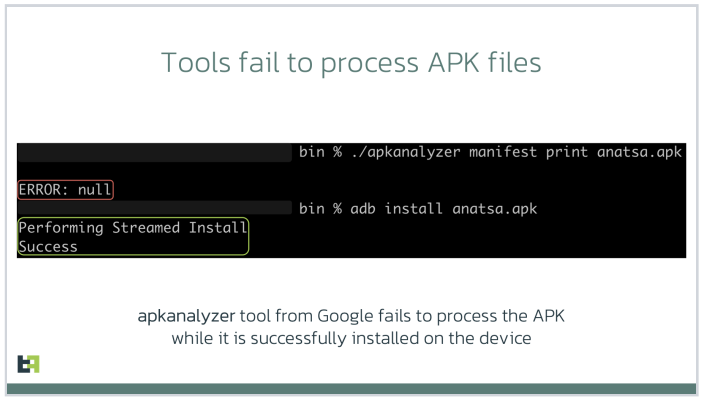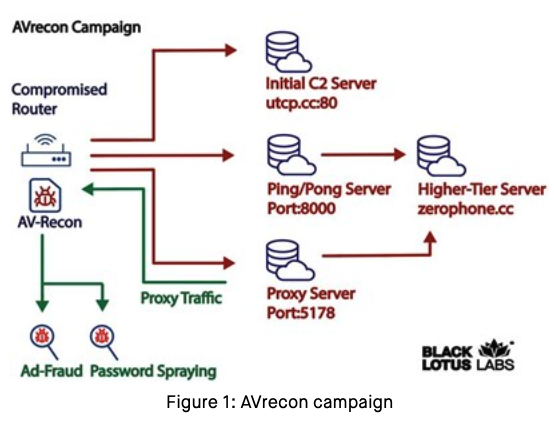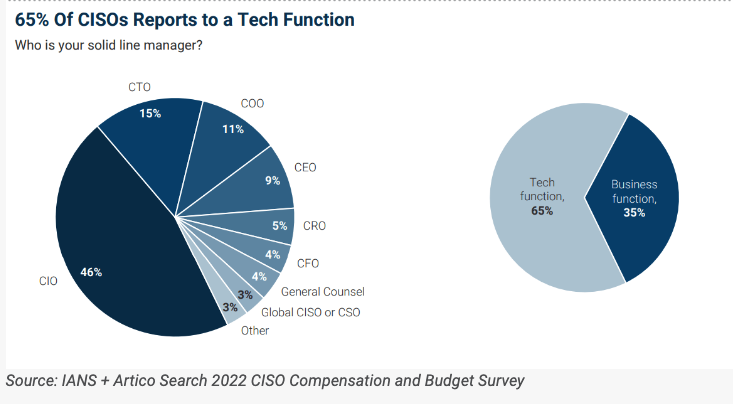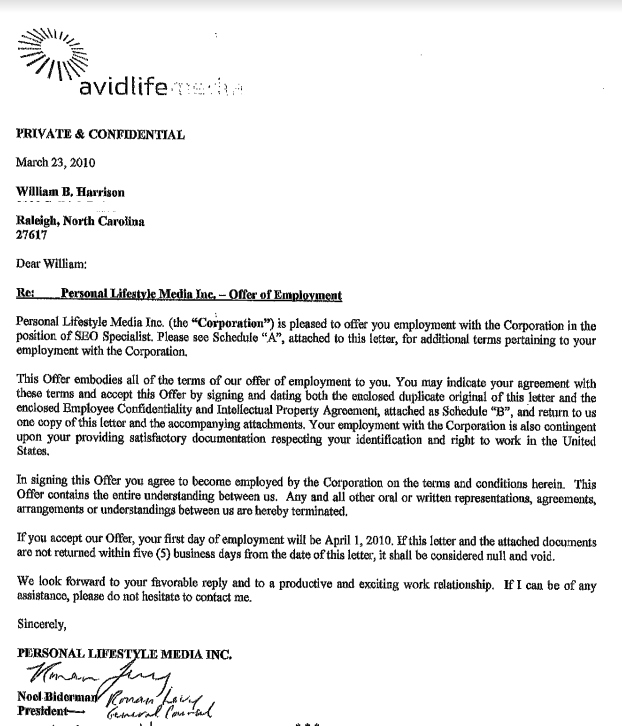WormGPT, a private new chatbot service advertised as a way to use Artificial Intelligence (AI) to write malicious software without all the pesky prohibitions on such activity enforced by the likes of ChatGPT and Google Bard, has started adding restrictions of its own on how the service can be used. Faced with customers trying to use WormGPT to create ransomware and phishing scams, the 23-year-old Portuguese programmer who created the project now says his service is slowly morphing into “a more controlled environment.”

Image: SlashNext.com.
The large language models (LLMs) made by ChatGPT parent OpenAI or Google or Microsoft all have various safety measures designed to prevent people from abusing them for nefarious purposes — such as creating malware or hate speech. In contrast, WormGPT has promoted itself as a new, uncensored LLM that was created specifically for cybercrime activities.
WormGPT was initially sold exclusively on HackForums, a sprawling, English-language community that has long featured a bustling marketplace for cybercrime tools and services. WormGPT licenses are sold for prices ranging from 500 to 5,000 Euro.
“Introducing my newest creation, ‘WormGPT,’ wrote “Last,” the handle chosen by the HackForums user who is selling the service. “This project aims to provide an alternative to ChatGPT, one that lets you do all sorts of illegal stuff and easily sell it online in the future. Everything blackhat related that you can think of can be done with WormGPT, allowing anyone access to malicious activity without ever leaving the comfort of their home.”
In July, an AI-based security firm called SlashNext analyzed WormGPT and asked it to create a “business email compromise” (BEC) phishing lure that could be used to trick employees into paying a fake invoice.
“The results were unsettling,” SlashNext’s Daniel Kelley wrote. “WormGPT produced an email that was not only remarkably persuasive but also strategically cunning, showcasing its potential for sophisticated phishing and BEC attacks.”
A review of Last’s posts on HackForums over the years shows this individual has extensive experience creating and using malicious software. In August 2022, Last posted a sales thread for “Arctic Stealer,” a data stealing trojan and keystroke logger that he sold there for many months.
“I’m very experienced with malwares,” Last wrote in a message to another HackForums user last year.
Last has also sold a modified version of the information stealer DCRat, as well as an obfuscation service marketed to malicious coders who sell their creations and wish to insulate them from being modified or copied by customers.
Shortly after joining the forum in early 2021, Last told several different Hackforums users his name was Rafael and that he was from Portugal. HackForums has a feature that allows anyone willing to take the time to dig through a user’s postings to learn when and if that user was previously tied to another account.
That account tracing feature reveals that while Last has used many pseudonyms over the years, he originally used the nickname “ruiunashackers.” The first search result in Google for that unique nickname brings up a TikTok account with the same moniker, and that TikTok account says it is associated with an Instagram account for a Rafael Morais from Porto, a coastal city in northwest Portugal.
AN OPEN BOOK
Reached via Instagram and Telegram, Morais said he was happy to chat about WormGPT.
“You can ask me anything,” Morais said. “I’m an open book.”
Morais said he recently graduated from a polytechnic institute in Portugal, where he earned a degree in information technology. He said only about 30 to 35 percent of the work on WormGPT was his, and that other coders are contributing to the project. So far, he says, roughly 200 customers have paid to use the service.
“I don’t do this for money,” Morais explained. “It was basically a project I thought [was] interesting at the beginning and now I’m maintaining it just to help [the] community. We have updated a lot since the release, our model is now 5 or 6 times better in terms of learning and answer accuracy.”
WormGPT isn’t the only rogue ChatGPT clone advertised as friendly to malware writers and cybercriminals. According to SlashNext, one unsettling trend on the cybercrime forums is evident in discussion threads offering “jailbreaks” for interfaces like ChatGPT.
“These ‘jailbreaks’ are specialised prompts that are becoming increasingly common,” Kelley wrote. “They refer to carefully crafted inputs designed to manipulate interfaces like ChatGPT into generating output that might involve disclosing sensitive information, producing inappropriate content, or even executing harmful code. The proliferation of such practices underscores the rising challenges in maintaining AI security in the face of determined cybercriminals.”
Morais said they have been using the GPT-J 6B model since the service was launched, although he declined to discuss the source of the LLMs that power WormGPT. But he said the data set that informs WormGPT is enormous.
“Anyone that tests wormgpt can see that it has no difference from any other uncensored AI or even chatgpt with jailbreaks,” Morais explained. “The game changer is that our dataset [library] is big.” Continue reading




















